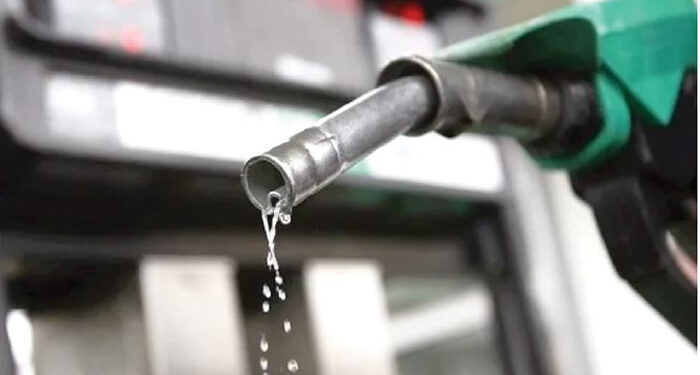The landing cost of Premium Motor Spirit (PMS), commonly known as petrol, has fallen to N981 per litre, according to data released by the Major Oil Marketers Association of Nigeria (MEMAN) on Thursday. This marks a reduction of over N140 from the previous weeks, where landing costs reached N1,130/litre. The decrease, recorded as of September 25, 2024, is attributed to a global dip in crude oil prices.
Global crude oil prices and foreign exchange rates remain the key determinants of the cost of refined petroleum products, including petrol, diesel, and aviation fuel. Brent crude, the global oil benchmark, traded at $71.41 per barrel on Thursday, a drop from the $73.46/barrel recorded the day before. This follows a period of volatility, with Brent prices fluctuating between $70 and $75 per barrel since the start of September, down from an average of $80.36 in August.
Statistica, a global data analytics firm, noted that the price decline is tied to lower oil demand in China and an anticipated production increase from the Organization of Petroleum Exporting Countries (OPEC).
As petrol landing costs drop, oil marketers in Nigeria have resumed the importation of the product. The Nigerian National Petroleum Company Limited (NNPCL), which had previously been the country’s sole importer of petrol, is now joined by private sector players following the full deregulation of the downstream oil sector. The recent increase in pump prices across the country has encouraged this shift.
On September 18, 2024, reports indicated that three major oil marketers were expecting shipments of imported petrol, amounting to 141 million litres. According to MEMAN, some of these vessels have now arrived in Nigeria, further boosting local supply.
Meanwhile, the Dangote Petroleum Refinery continues ramping up domestic production of petrol. The refinery’s entry into the market has signaled the end of Nigeria’s over two-decade dependence on fuel imports. Despite these developments, pricing negotiations between the NNPCL and Dangote are still ongoing, with the NNPCL aiming to secure more competitive pricing compared to imports.
As of mid-July, the landing cost of petrol had already begun its decline, dropping below N950 in early September. Despite the ongoing depreciation of the naira, which now trades at N1,667.22 per dollar, the trend in lower landing costs continues.
However, the price of petrol at the depot varies across regions. In Lagos, prices range between N865 and N1,200, while in Calabar and Port Harcourt, the range is between N1,200 and N1,400. Diesel and aviation fuel also reflect fluctuating prices, with diesel’s landing cost now at N1,089/litre and aviation fuel at N1,117.34/litre.
Despite the decrease in landing costs, the pump price of petrol continues to vary significantly across the country. While prices hover around N950 in Lagos, in some northern states such as Borno, prices may rise to as high as N1,019/litre.
























